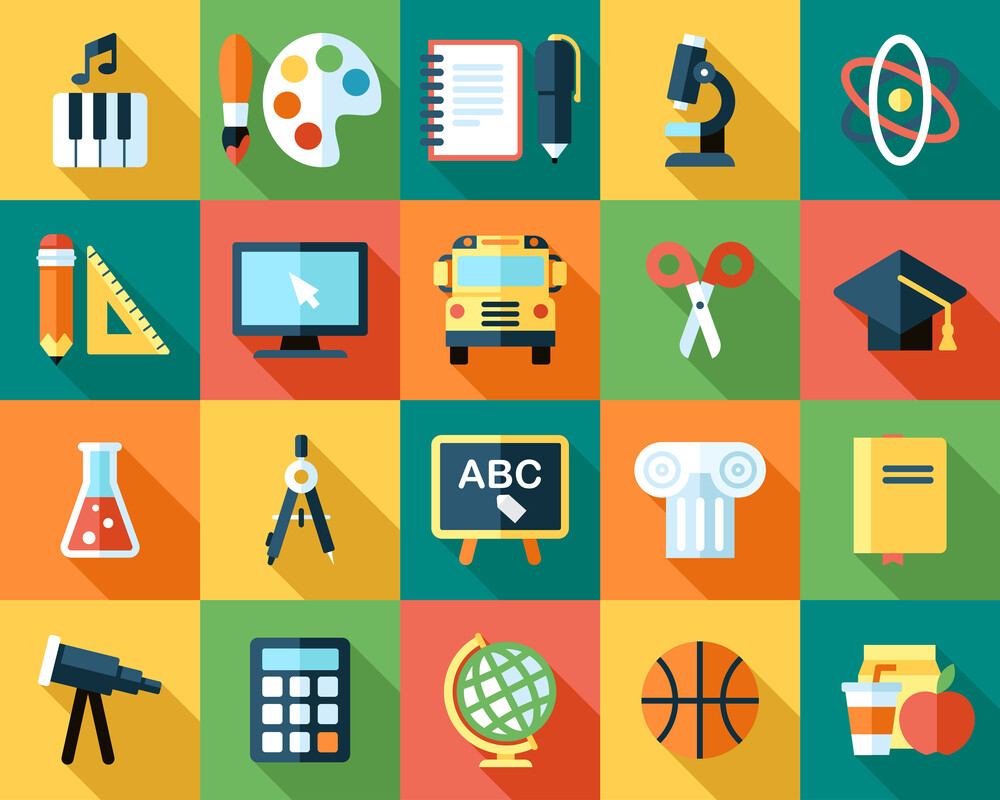Why music, sport and art are so good for our children.
Of course, learning to write and do arithmetic is essential. But research shows that schools should place at least as much emphasis on subjects like music, sport and art. Because these ensure that children perform better in main subjects – and they promote many other important skills.
Music lessons: The extra boost for the brain
Making music is fun and relaxing. So far, so well known. But this example from Great Britain shows that music has the same effect on performance in other subjects as fertiliser in a vegetable field:
Feversham Elementary in Bradford has long been regarded as a hot spot school, consistently underperforming on achievement tests. But then seven years ago the headmaster turned the timetable upside down – and gave all the children an extra portion of music. Up to six hours a week is now spent singing or practicing on instruments.
Professionals from across the #UK get a small preview of a fun music lesson #Fun @FevershamSchool Music Open Day @OAKENational @bbceducation @TEDTalks pic.twitter.com/5Ma4dfK8rf
— Feversham Primary (@FevershamSchool) November 20, 2017
The result is astonishing: today, the primary school is one of the best in the country in terms of progress in reading, writing and arithmetic. 74 percent of the pupils here achieve the expected standard of achievement in their age group – compared with only 53 percent of the national average. In The Guardian, the headmaster enthuses about how much music-making helps the children concentrate, learn vocabulary and acquire social skills such as teamwork and stamina. A role model for our schools too? We think so!
Art lessons: Creating your own project
In the wake of Pisa panic and streamlined timetables, small subjects like art are the first to fall down the back. “The little bit of painting is not important for your later career” – apparently many people are of this opinion. But is it true?
Educational research says: no. “There is a lack of a general understanding of what is special about aesthetic education, namely a different approach to cognitive work,” says education researcher Wolfgang Edelstein from the Max Planck Institute.
In other words: art lessons are even very valuable for children – and not just because it relaxes them. On the one hand, drawing, working and designing are great for physical coordination and motor skills. On the other hand, artistic work also strengthens other important skills: making their own decisions, making a plan and finding their own creative solutions. In other words, it’s all talent that helps us later in life. Not only at work!
Sports lessons: Reaching the goal with endurance
Sport is important for children, we all know that. But most of the time we think of the physical advantages: letting off steam, getting fit, training coordination etc.. But the emotional and psychological effects that sport has on children are also interesting. Physical activity also trains willpower, judgement and the ability to set goals and achieve them. And in school sports, of course, the ability to work in a team is also learned. So, off to the playing field with the little ones!

